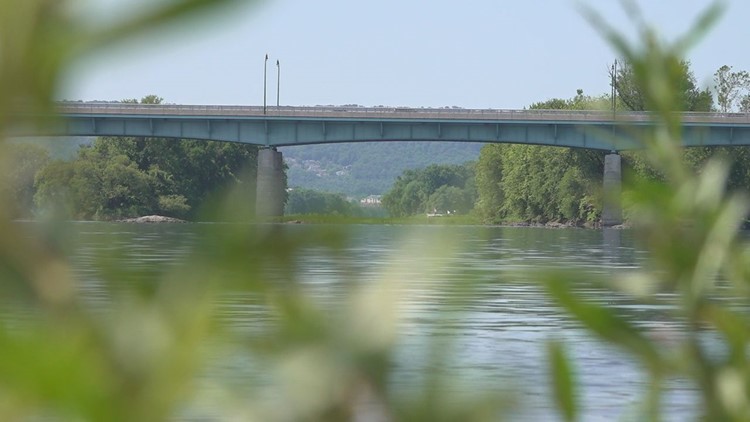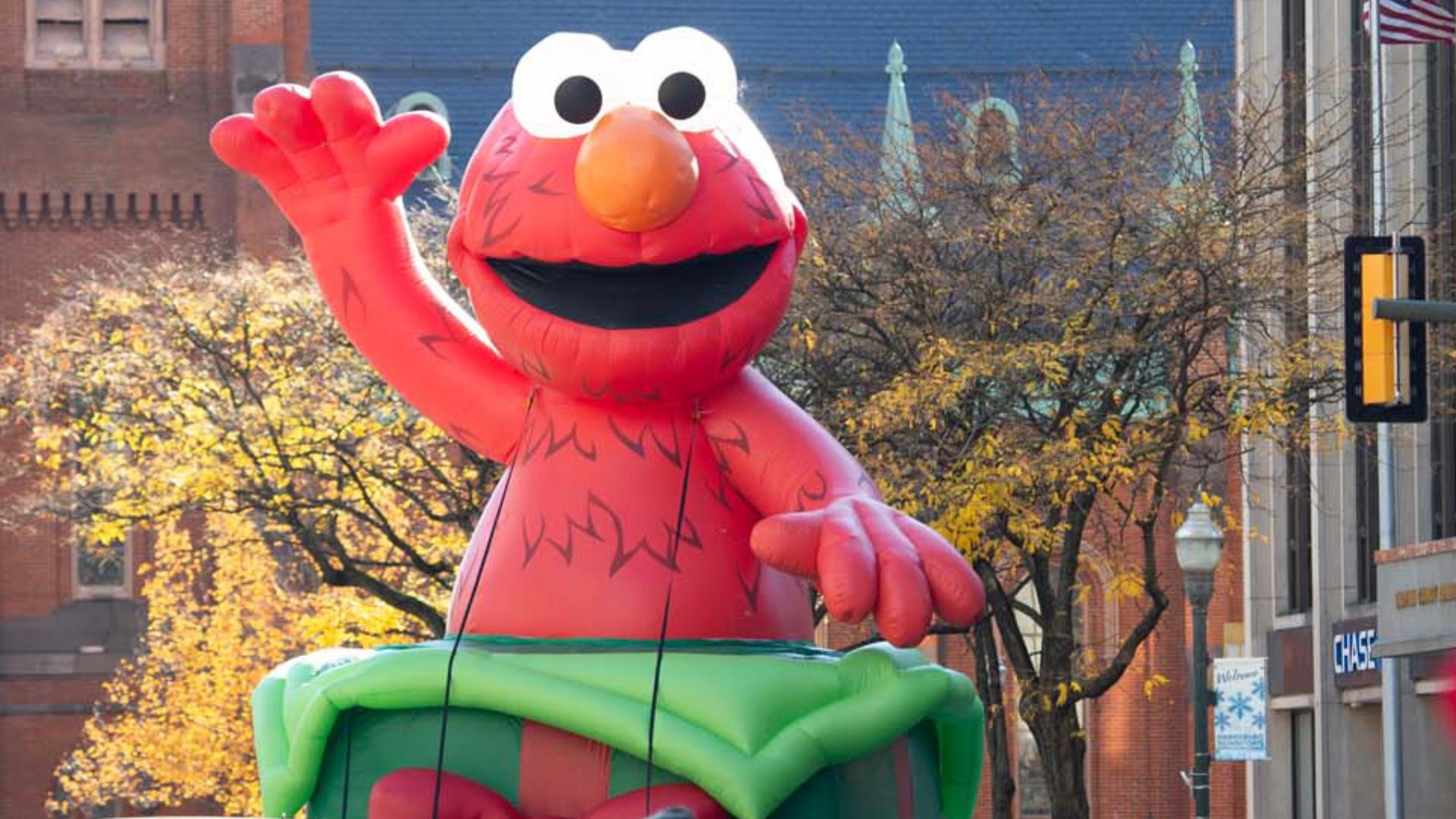PENNSYLVANIA, USA — The Shapiro administration announced Tuesday that it has secured $100 million to resolve claims of damaged waterways and other natural resources across Pennsylvania.
Within the $100 million received, the Pennsylvania Department of Environmental Protection announced plans to use $8 million to help communities impacted by polychlorinated biphenyls (PCBs), which Congress banned in 1979. They are a group of man-made organic chemicals consisting of carbon, hydrogen and chlorine atoms.
PBCs have no known taste or smell, according to the DEP and range in consistency from oil to a waxy solid. They can accumulate in the leaves and above-ground parts of plants, crops, small organisms and fish.
As a result, people who eat fish could be exposed to PCBs that have bioaccumulated in the fish they are eating.
"For decades, PCB pollution has contaminated fish in our waterways, disrupted recreational opportunities, and impaired a valuable food source for millions of Pennsylvanians," said Tim Schaeffer, PFBC Executive Director. "On behalf of the anglers of Pennsylvania, we are proud to join our partner agencies in securing this settlement as we work to protect our cherished aquatic resources."
The Pa. Department of Environmental Protection plans to hold the involved parties accountable by helping fight the invasion of PCBs worldwide. The money comes from a settlement with the Monsanto Company, Solutia INC. and Pharmacia LLC to resolve claims related to their production of products containing PCBs.
“The Department has spent years protecting Pennsylvanians from PCBs,” said DEP Secretary Rich Negrin. “By securing this settlement, DEP is holding Monsanto accountable for what it did to Pennsylvania’s water and making sure that Monsanto is paying for the work the Commonwealth has done to keep its water clean. This agreement demonstrates our commitment to protecting the rights and resources of all Pennsylvanians.”
Monsanto released the following statement regarding the settlement:
"Monsanto has reached settlement agreements with the Commonwealths of Pennsylvania and Virginia to resolve all claims relating to polychlorinated biphenyls (PCBs), a legacy product the Company ceased producing in 1977, two years before EPA banned their manufacture. The settlements contain no admission of liability or wrongdoing by the Company and will fully resolve all of those states’ PCB claims. Under the terms of the agreements, Monsanto will make a payment of $99.5 million to the Commonwealth of Pennsylvania (plus $500,000 in costs) and $80 million to the Commonwealth of Virginia, terms that demonstrate the prior settlement with the State of Oregon was an outlier. The Company never manufactured or disposed of PCBs in Pennsylvania or Virginia’s environments.
In 2022, Monsanto filed a lawsuit in Missouri against six former PCB customers seeking to enforce contracts under which these companies agreed to fully defend and indemnify Monsanto. The Company entered into these indemnity agreements, beginning in 1972, as a condition of continuing to provide these former customers with bulk PCBs for use in their closed-end finished products. Monsanto ceased its legal manufacture of PCBs more than 45 years ago. Prior to this time, PCBs were highly valued as nonflammable safety fluids, specified by many electrical and building codes as well as insurance companies to protect against serious fire risk. Monsanto remains committed to defending existing and future cases at trial and will only consider settlements when it is in the Company’s interest to do so.”



